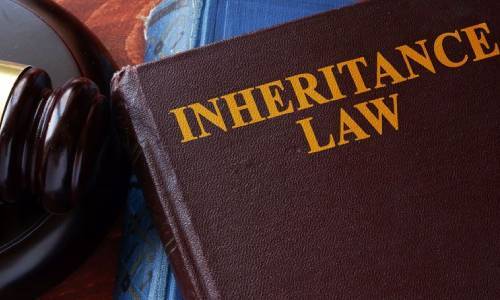
The Supreme Court in Smt. Kaithuami [L] vs Smt. Ralliani observed that inheritance depends upon the factor that whether or not the person supports the deceased in his old age. Only the person who takes care of the elder in his old age is permitted to inherit his wealth, even if he’s not the natural heir.
In the instant case, one Mr Dahrawaka died in March,1978. He was survived by his wife, seven daughters (all married and living in their matrimonial homes) and one son. After his death, his youngest daughter was divorced and came to live with her mother. The son also died in 1996 and was survived by his wife and 2 daughters.
The trial court recognised the son’s 2 daughters as the legal heirs to the properties. The same was upheld by the Gauhati High Court as well.
The matter came before the Apex Court and the contention was raised by the appellant that the High Court failed to take into consideration that under the Mizo Customary Law it is not only the rights which are inherited, but it is also the responsibilities which are inherited. They contended that the inheritance depends upon the responsibilities discharged by a legal heir towards his/her parents in their old age.
On the flip side, the respondents claimed that under the Mizo customary law, only the son is entitled to inherit the property of the parents. So, in this case, the deceased son’s daughters become the rightful claimants.
The Court, however, allowing the appeal observed that “the Gauhati High Court, Aizawl Bench, speaking through Madan B. Lokur, C.J. (as he then was), in the case of Thansiami vs. Lalruatkima and ors. has also held that the inheritance depends upon the question as to whether a person supports the deceased in his old age or not. It has been held that even if a natural heir does not support his parents, he would not be entitled to inheritance. It has further been held that even if there is a natural heir, a person who supports the person until his death could inherit the properties of that person. 19. We therefore find that the view taken by the District Council Court, Aizawl, on second remand, is based on the consideration of equity and the responsibility of a legal heir to look after the elders in the family.”

